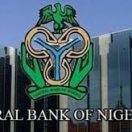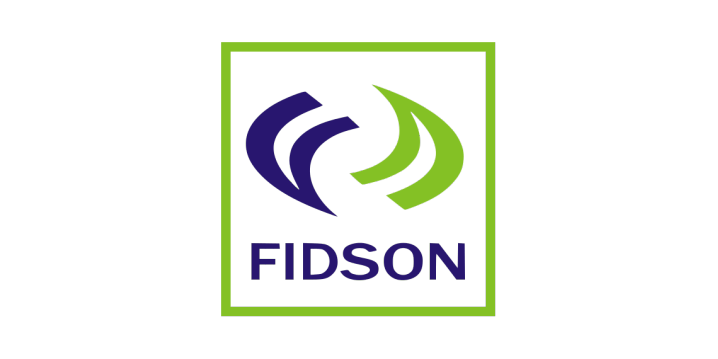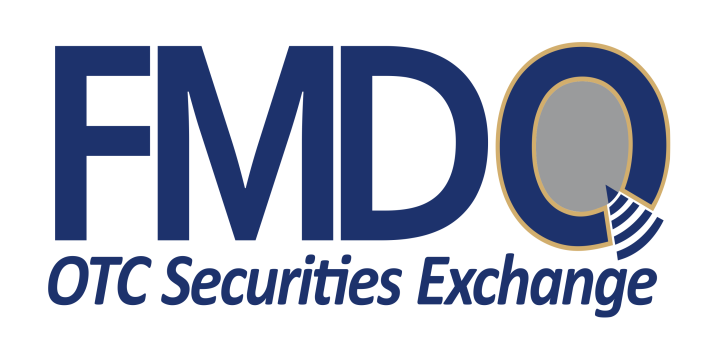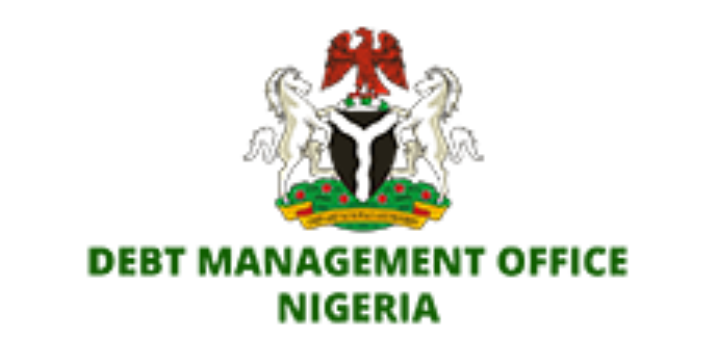Olayemi Cardoso, the Central Bank of Nigeria (CBN) governor, indicated that interest rates would remain elevated until the inflation rate diminishes. In a report by the Financial Times on Monday, Cardoso also mentioned that orthodox policies would be employed to curb inflation. In March, Nigeria’s inflation rate surged to 33.20 percent from 31.70 percent in February. Consequently, the CBN’s Monetary Policy Committee (MPC) raised the interest rate by 200 basis points in March to 24.75 percent.
Cardoso stated that there are strong indications that the MPC would take all necessary measures to combat inflation. “They will continue to implement the necessary actions to ensure inflation decreases,” Cardoso remarked. “Let’s be honest: the CBN did not adopt orthodox monetary policies for a long time. We aim to return to orthodox methods, which will lead us in the right direction.” Cardoso mentioned that the central bank has been reoriented to prioritize price and monetary stability. He highlighted that the official foreign exchange (FX) market window has stabilized.
According to the governor, investors previously tended to rush to the window in response to currency fluctuations, but there has been a significant change. “They are becoming more confident in the market,” Cardoso noted. The naira plummeted to its lowest level of N1,627.40/$ in the official FX window on March 8 but rebounded to N1,154.08/$ on April 18. However, the local currency began to lose its gains thereafter. As of May 10, the official FX rate stood at N1,466.31/$.
Additionally, Cardoso emphasized the importance of raising interest rates. He expressed hope that elevated interest rates would not persist for too long and deter investment and production. “Increasing interest rates has undoubtedly dampened the foreign exchange market, which has started to moderate,” he observed. “It’s not a win-lose situation. You lose on one side, you gain on the other.” Cardoso acknowledged that inflation was higher than anticipated, attributing the “distortions” mainly to high food prices. He noted that food inflation surged to 40.01 percent in March compared to the 24.45 percent rate recorded in the same month last year.
Source : Financial Times












